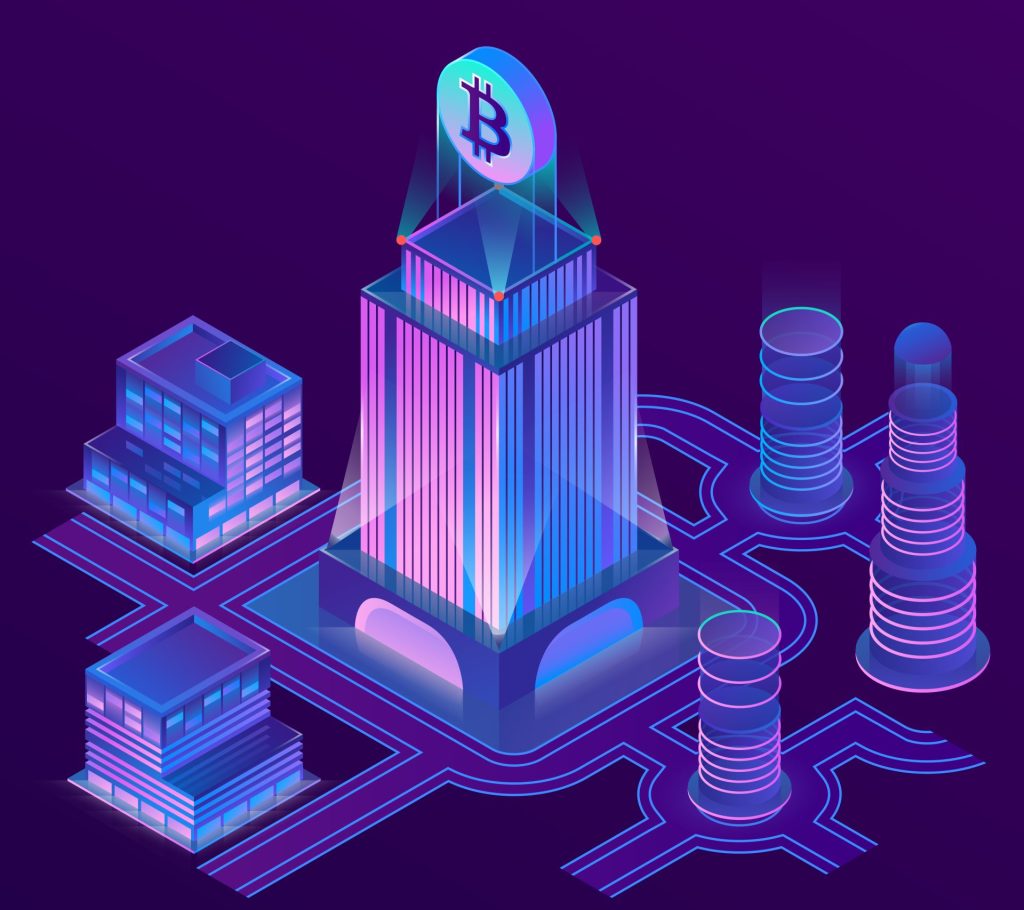Real World Assets, or RWAs, are things like real estate, invoices, bonds, or even fine art that exist outside of crypto but are brought into blockchain systems through tokenization. Simply put, they are physical or traditional financial assets turned into digital tokens. These tokens can then be used within DeFi platforms just like any other crypto token.
RWAs have become a hot topic in DeFi because they offer a way to connect the digital and physical worlds. Crypto was originally built on native tokens like ETH and BTC, but bringing real-world assets into DeFi opens the door to more stability, broader use cases, and real economic impact.
What Counts as a Real-World Asset?
Real World Assets can include:
- Real estate properties
- Government or corporate bonds
- Invoices and receivables
- Commodities like gold
- Art and collectibles
Once tokenized, these can be bought, sold, or used as collateral on blockchain platforms.
The DeFi Landscape So Far
Most DeFi apps today are built around lending, borrowing, trading, and stablecoins. But everything is still mostly crypto-based. This has its limits. Crypto assets can be volatile, and DeFi can feel disconnected from the real economy. That’s where RWAs step in.
Key Roles RWAs Play in DeFi
1. Stronger Collateral for Loans
Traditionally, DeFi lending has used crypto like ETH as collateral. But tokenized real estate or government bonds are more stable and predictable. Platforms like MakerDAO now accept RWAs in vaults to help back stablecoins like DAI.
2. Real Yield From Real Assets
RWAs offer actual returns from things like rent, bond interest, or business payments. This is different from the sometimes circular yields in crypto where returns depend on more people joining. With RWAs, DeFi can offer more sustainable returns.
3. Better Diversification and Less Volatility
Adding tokenized real-world assets to DeFi portfolios can help spread risk. This appeals to both retail investors and big institutions who want something more grounded than just crypto price swings.
4. Bridge Between DeFi and Traditional Finance
RWAs make it easier for traditional investors and financial institutions to enter DeFi. Banks and asset managers understand real estate and bonds. Tokenizing them gives them a way to engage with blockchain-based systems in a familiar way.
5. New Use Cases and Access
Once real-world assets are tokenized, they can be used in creative ways. This includes things like:
- Lending platforms that fund small businesses based on invoices
- Real estate-backed stablecoins
- On-chain insurance and asset management
- Access to new markets for people in countries with limited financial services
Examples of RWA-Driven Projects
MakerDAO uses RWAs to back its DAI stablecoin and has vaults that accept things like tokenized bonds.
Centrifuge connects real-world businesses with DeFi investors. Their Tinlake platform lets investors fund things like invoices and receive returns.
Goldfinch and Maple Finance enable credit-based lending. Businesses can borrow funds using real-world performance, not just crypto collateral.
Ondo Finance offers tokenized U.S. Treasuries to help bring stable returns into the crypto space.
Why RWAs Matter
They bring:
- Real utility
- Access to better, safer collateral
- Opportunities to earn returns that aren’t tied to crypto hype cycles
- New ways for institutions and everyday users to benefit from blockchain
Challenges to Watch
- Regulations around tokenizing physical assets still vary widely
- Custody and trust in off-chain processes can be tricky
- Oracles must be accurate to reflect real-world prices
- Legal structures need to back digital ownership with enforceable rights
Where RWAs Are Going Next
Tokenizing RWAs could eventually bring trillions of dollars worth of assets onto blockchains. From mortgages to municipal bonds to carbon credits, the possibilities are massive. For DeFi to move from speculative trading to real-world impact, RWAs will likely play a central role.
Projects that succeed will be the ones that balance compliance, security, and usability while keeping the core benefits of decentralization. As more partnerships form between crypto and traditional finance, RWAs might be the glue that holds it all together.
